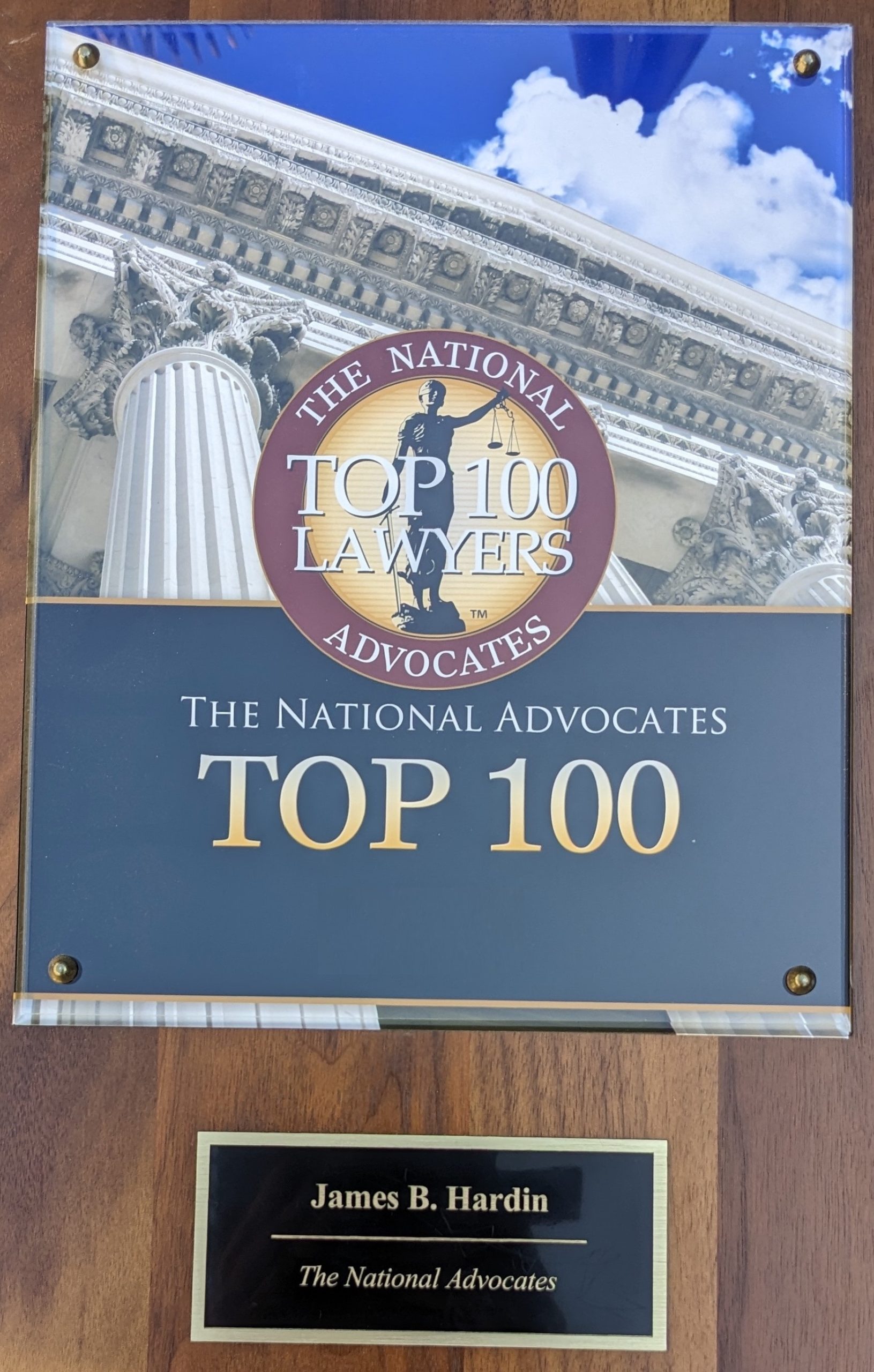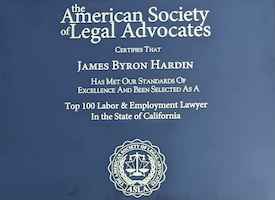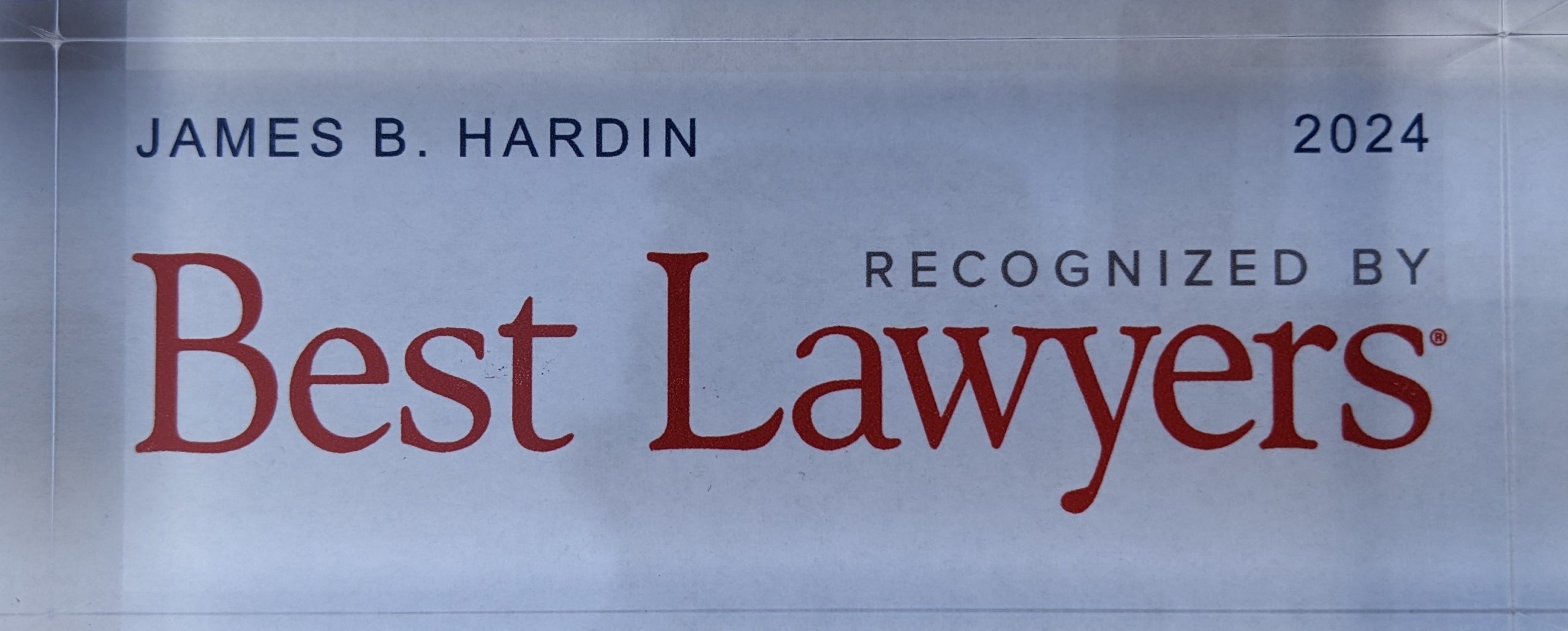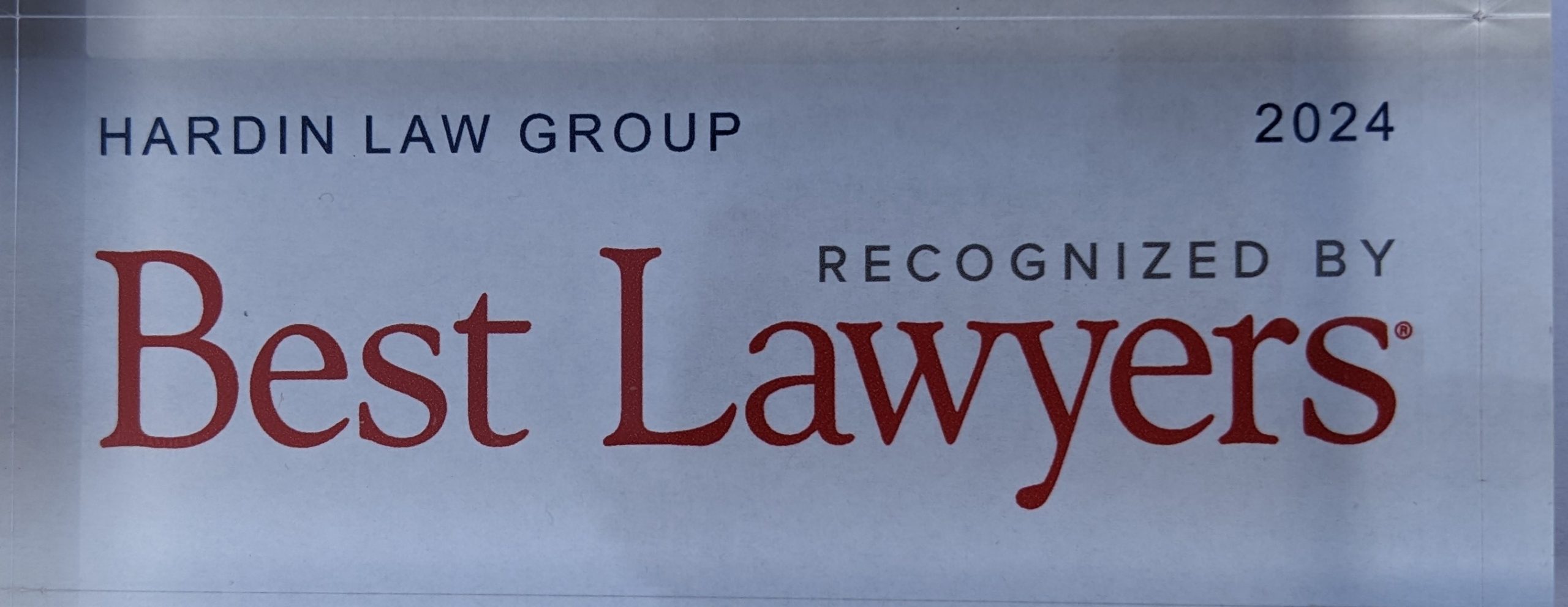Must an Employee Request a Reasonable Accommodation Under the ADA?
The Americans with Disabilities Act, or ADA, is a federal law that protects individuals from discrimination based on disability in a variety of contexts. Although the ADA offers wide-reaching protection, legal remedies for individuals with disabilities are not necessarily automatic. As a recent federal case illustrates, individuals with disabilities must take certain necessary steps prior to filing a lawsuit under the ADA.
For example, in order to establish a claim under the ADA for workplace discrimination, an individual with a disability must allege certain facts, or elements. First, the employee must show that he or she has a disability. An individual with a disability, as defined by the ADA, is someone with a physical or mental impairment that substantially limits one or more major life activities, a person who has a history or record of such impairment, or a person who is perceived by others as having such impairment. Second, the employee must show that he or she is qualified (with or without a reasonable accommodation) to perform the functions of the job in question. Lastly, the ADA plaintiff employee must show that he or she suffered discrimination based on his or her disability.
The second part to establishing an ADA claim was the recent focus in the case Dinse v. Carlisle Foodservice Products, Inc. Douglas Dinse, a product engineer for Carlisle Foodservice Products, brought a case against his former employer when he was terminated for poor performance allegedly caused by his serious health issues. Mr. Dinse sued his employer under the ADA, claiming that he was discriminated against because his employer failed to provide him with reasonable accommodations for his serious illness.
The court found that in order to trigger an employer’s duty to provide reasonable accommodations under the ADA, the employee must first make an adequate request for a reasonable accommodation. The request is meant to put the employer on notice that the employee is disabled and desires an accommodation. While Mr. Dinse had requested a laptop to perform his work while he recovered from surgery, he did not fully indicate that this request was connected to his disability. Since the outcome was that Mr. Dinse did not make an adequate request for accommodation, his ADA case was thrown out.
For those with a disability, the lesson in Dinse is to be fully aware of the elements of your legal claim prior to filing a lawsuit and make sure that your employment lawyer understands the nuances of the ADA. An attorney with experience in ADA litigation can advise you on the appropriate steps to take when seeking a reasonable accommodation with your employer, as well as what steps to take if you feel you have been discriminated against for your disability.
For more information on issues relating to the ADA, contact the experienced Orange County ADA lawyers at Hardin & Associates today.





















